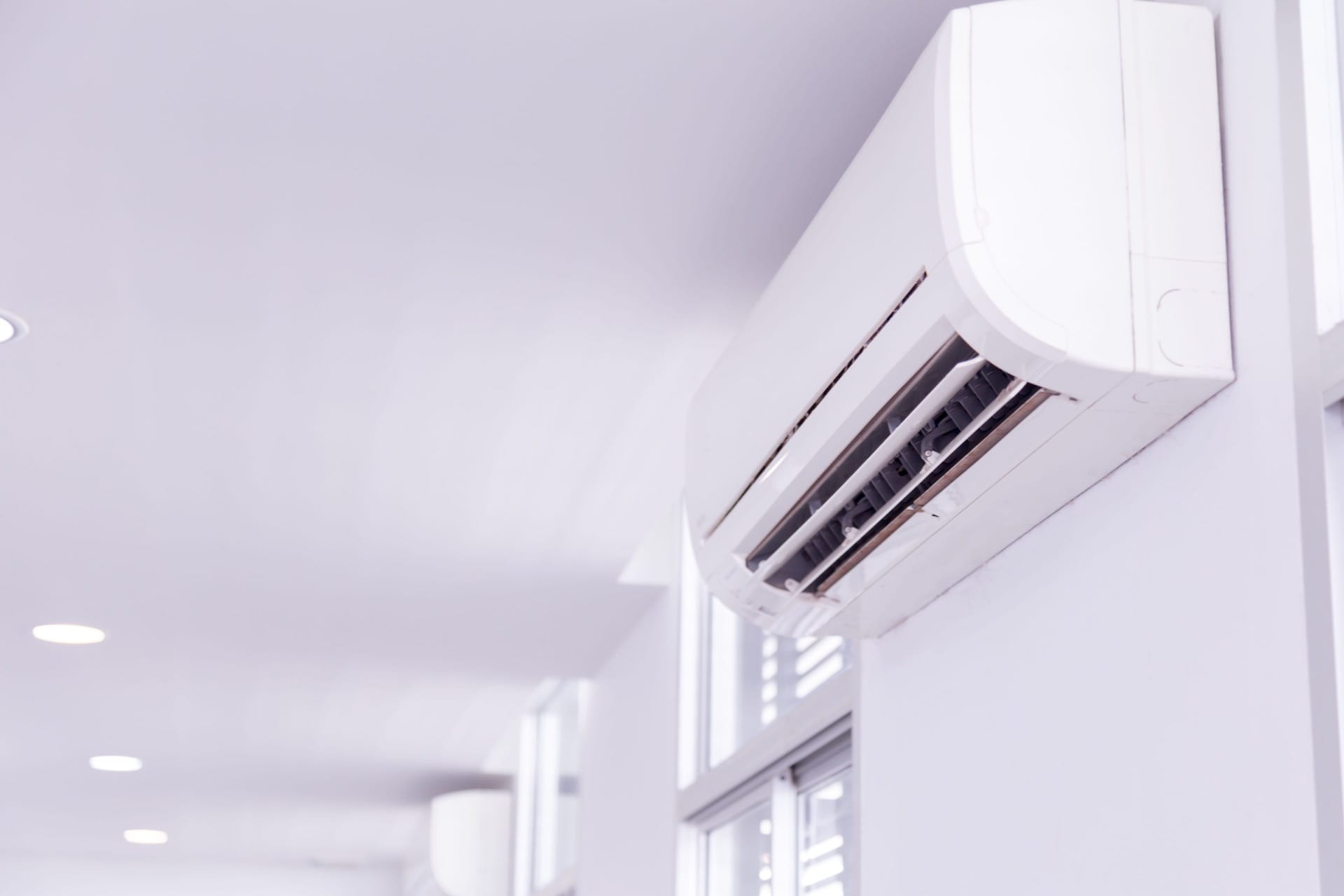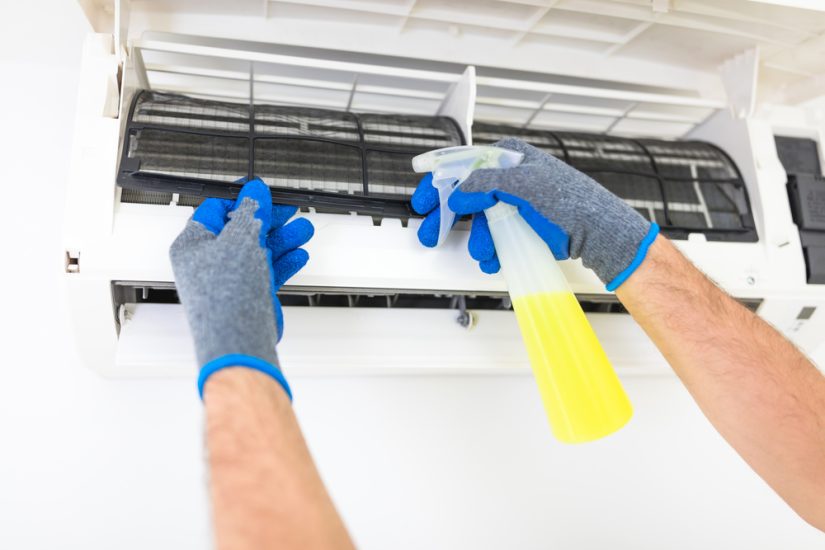
Humidity refers to the amount of moisture in the air. When it comes to the indoor environment, the balance of humidity levels is vital for the health and comfort of the occupants and the efficiency of the air conditioning system.
Ideal Humidity Levels in a Home with AC
The ideal indoor humidity level can vary depending on personal preferences, but a general guideline is to aim for a relative humidity (RH) level of 30% to 50%. The Environmental Protection Agency (EPA) recommends keeping indoor humidity between 30% and 60% for optimal health and comfort.
During the summer, when your air conditioning is in use, it is a good idea to keep the humidity level closer to the lower end of this range, around 30-40%, to prevent the growth of mold and maintain a comfortable indoor environment. However, the optimal level may vary based on the outdoor temperature and your local climate.
How to Achieve and Maintain the Right Humidity Levels
- Use a Hygrometer: Invest in a quality hygrometer to monitor indoor humidity levels. This device provides real-time data to help you make adjustments as needed.
- Adjust Your Air Conditioning: Most modern air conditioning systems can help control humidity levels. Ensure that your AC is appropriately sized for your home, as an oversized unit can cool the air too quickly without removing sufficient humidity. Consult an HVAC professional for proper sizing.
- Use a Dehumidifier: A standalone or whole-house dehumidifier can be a valuable addition to your HVAC system. It works to remove excess moisture from the air, especially in humid climates.
- Seal Leaks: Ensure your home is well sealed to prevent humid outdoor air from infiltrating your indoor space. This includes sealing windows, doors, and other potential entry points.
- Ventilation: Proper ventilation can help reduce indoor humidity levels. Use exhaust fans in kitchens and bathrooms to remove moist air. Additionally, ensure that your HVAC system includes fresh air intake and exhaust to regulate indoor air quality.
- Maintain Consistent Temperatures: Fluctuations in temperature can affect humidity levels. Avoid drastic changes in thermostat settings and keep your home at a steady temperature to maintain consistent humidity.
Why is Humidity Control Important?
Humidity levels in your home matter for several reasons:
Comfort: High humidity levels can make you feel uncomfortably warm, sticky, and sweaty. Low humidity can lead to dry skin, irritated eyes, and static electricity.
Health: High humidity creates an environment conducive to mold and dust mites, which can trigger allergies and respiratory issues. Low humidity can dry out mucous membranes, making you more susceptible to respiratory infections.
AC Efficiency: Proper humidity control can improve the efficiency of your air conditioning system. When the air is too humid, your AC must work harder to cool the space. Conversely, excessively dry air can make you feel colder, causing you to turn up the heat.
Home Preservation: Extremes in humidity can damage your home. High humidity can lead to mold growth, wood rot, and peeling paint, while low humidity can cause wood and other materials to crack or shrink.
Does AC Control Humidity Levels in the Home?
Air conditioning can control humidity levels in your home to a certain extent, but its primary purpose is to cool the air. Here’s how AC can impact indoor humidity:
Dehumidification: When an AC system operates, it removes moisture from the air as it cools it. As warm air is drawn into the AC unit, it passes over the evaporator coil, where it is cooled. This cooling process causes water vapor in the air to condense into liquid water, which is then drained away. This moisture removal process effectively reduces indoor humidity levels.
Thermostat Setting: You can indirectly control humidity through the thermostat setting. Lowering the temperature on your thermostat can lead to increased dehumidification. When your AC runs longer cycles to maintain a lower temperature, it also removes moisture from the air.

How Does AC Installation, Repair, and Maintenance Make a Difference to Humidity Levels in the Home?
Air conditioning installation, repair, and maintenance play a role in determining humidity levels in your home. Properly functioning AC systems can help maintain more effective indoor humidity levels, ensuring comfort and health. Here’s how these three aspects make a difference:
AC Installation
- Sizing Matters: The initial installation of your AC system is critical. Proper sizing ensures that your AC can help remove humidity from the air. An oversized AC unit may cool the space too quickly, shutting off before adequately dehumidifying the air. On the other hand, an undersized unit may struggle to cool and dehumidify effectively.
- Correct Positioning: The installation location of your AC unit affects its efficiency. Placing it in a central area or using zoning systems can help distribute cool, dehumidified air evenly throughout your home.
AC Repair
- Leakage Control: Over time, an AC system may develop refrigerant leaks. These leaks can impact the system’s ability to cool and dehumidify. Regular AC inspections and repairs can help prevent these issues, ensuring your system works optimally.
- Fan and Coil Maintenance: The evaporator coil and fan in your AC system need regular cleaning and maintenance. Dust and debris accumulation can reduce efficiency and hinder dehumidification. A well-maintained AC system will perform better in removing moisture from the air.
AC Maintenance
- Filter Replacement: Regular filter replacement is essential. Dirty filters obstruct airflow and force the AC system to work harder, potentially leading to inadequate dehumidification.
- Ductwork Inspection: Leaky or poorly insulated ductwork can introduce humid outdoor air into your home. Routine inspections and sealing of ducts can help maintain humidity control.
- Thermostat Calibration: Proper thermostat calibration ensures your AC system responds accurately to your cooling and dehumidification needs, helping you maintain consistent indoor humidity levels.
- Regular Tune-Ups: Annual or seasonal maintenance check-ups by professionals can identify and address issues that could impact your AC system’s ability to control humidity.
Choose House Pro for Reliable HVAC Services Across Houston
Don’t wait for an air conditioning breakdown on the hottest summer day. Ensure the optimal performance and longevity of your HVAC system with House Pro Energy Solutions, your trusted HVAC service and repair specialists in Houston, TX. Schedule your HVAC maintenance today, and keep your home comfortable year-round. We are available 24/7. To schedule a service, call us today!

